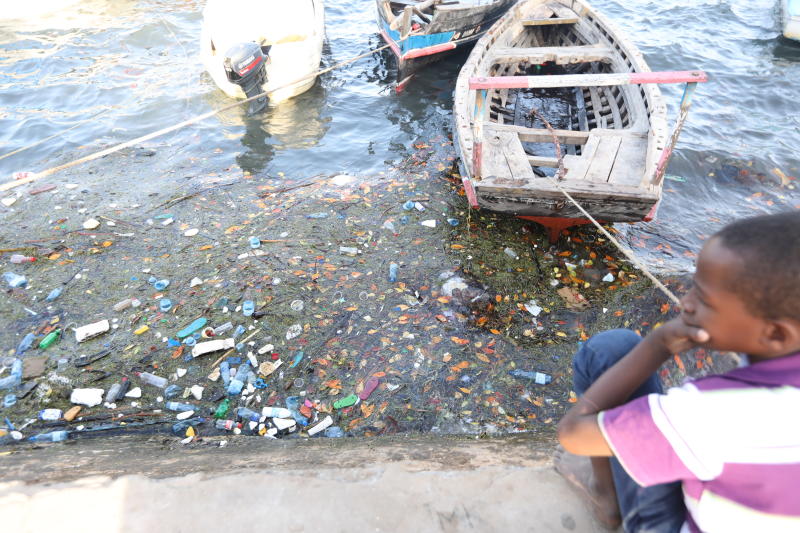
Environmental sanity is a matter of global concern, particularly at this critical point when the world is grappling with the vagaries of climate change. East African economies are highly dependent on their natural resources base— more than 50 per cent of the region’s GDP comes from agriculture, mining, forestry and fishing.
Over the past year alone, severe water shortages brought on by climate change in many parts of the region were, unfortunately, counter-balanced by rampant flooding elsewhere. Meanwhile, domestic and industrial pollution, ongoing deforestation, soil erosion, desertification and poaching have further depleted our resources.